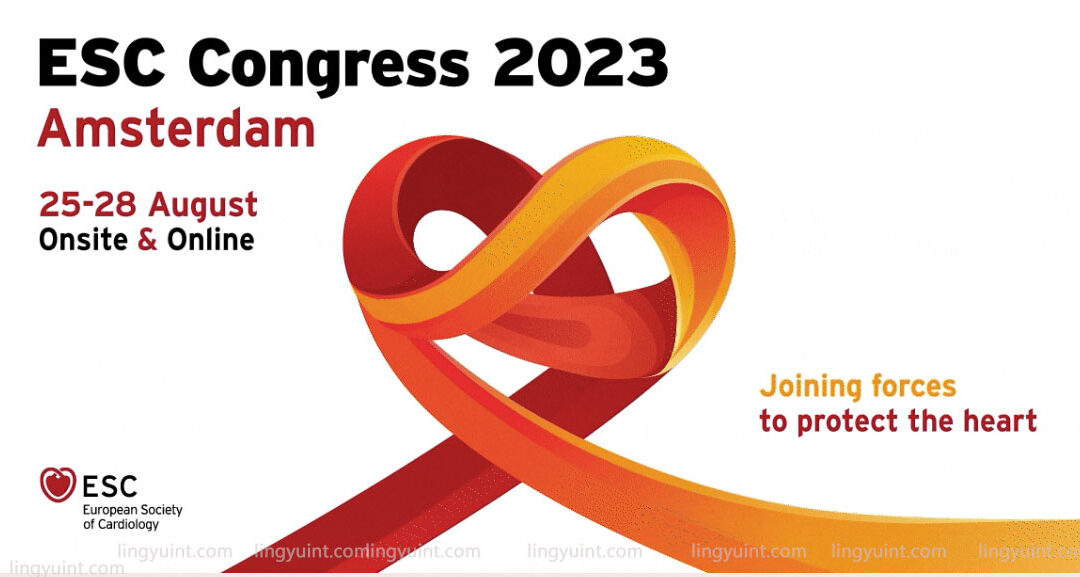
The 17th International Conference on Advanced Technologies & Treatments for Diabetes (ATTD) 2024 was held between 6-9 March in Florence, Italy. ATTD was the ultimate meeting to discover the latest worldwide research, devices and developments in the diabetes field. It is one of the largest international diabetes conferences highlighting the latest in diabetes tech and treatment.

The 17th International Conference on Advanced Technologies & Treatments for Diabetes (ATTD) 2024 was held between 6-9 March in Florence, Italy. ATTD was the ultimate meeting to discover the latest worldwide research, devices and developments in the diabetes field. It is one of the largest international diabetes conferences highlighting the latest in diabetes tech and treatment.

The 17th International Conference on Advanced Technologies & Treatments for Diabetes (ATTD) 2024 was held between 6-9 March in Florence, Italy. ATTD was the ultimate meeting to discover the latest worldwide research, devices and developments in the diabetes field. It is one of the largest international diabetes conferences highlighting the latest in diabetes tech and treatment.

ESC Congress 2023 was world’s largest gathering of cardiovascular professionals, disseminating ground-breaking science both onsite in Amsterdam and online – from 25 to 28 August. The ESC brings together health care professionals from more than 150 countries, working to advance cardiovascular medicine and help people to live longer, healthier lives.

ESC Congress 2023 was world’s largest gathering of cardiovascular professionals, disseminating ground-breaking science both onsite in Amsterdam and online – from 25 to 28 August. The ESC brings together health care professionals from more than 150 countries, working to advance cardiovascular medicine and help people to live longer, healthier lives.



